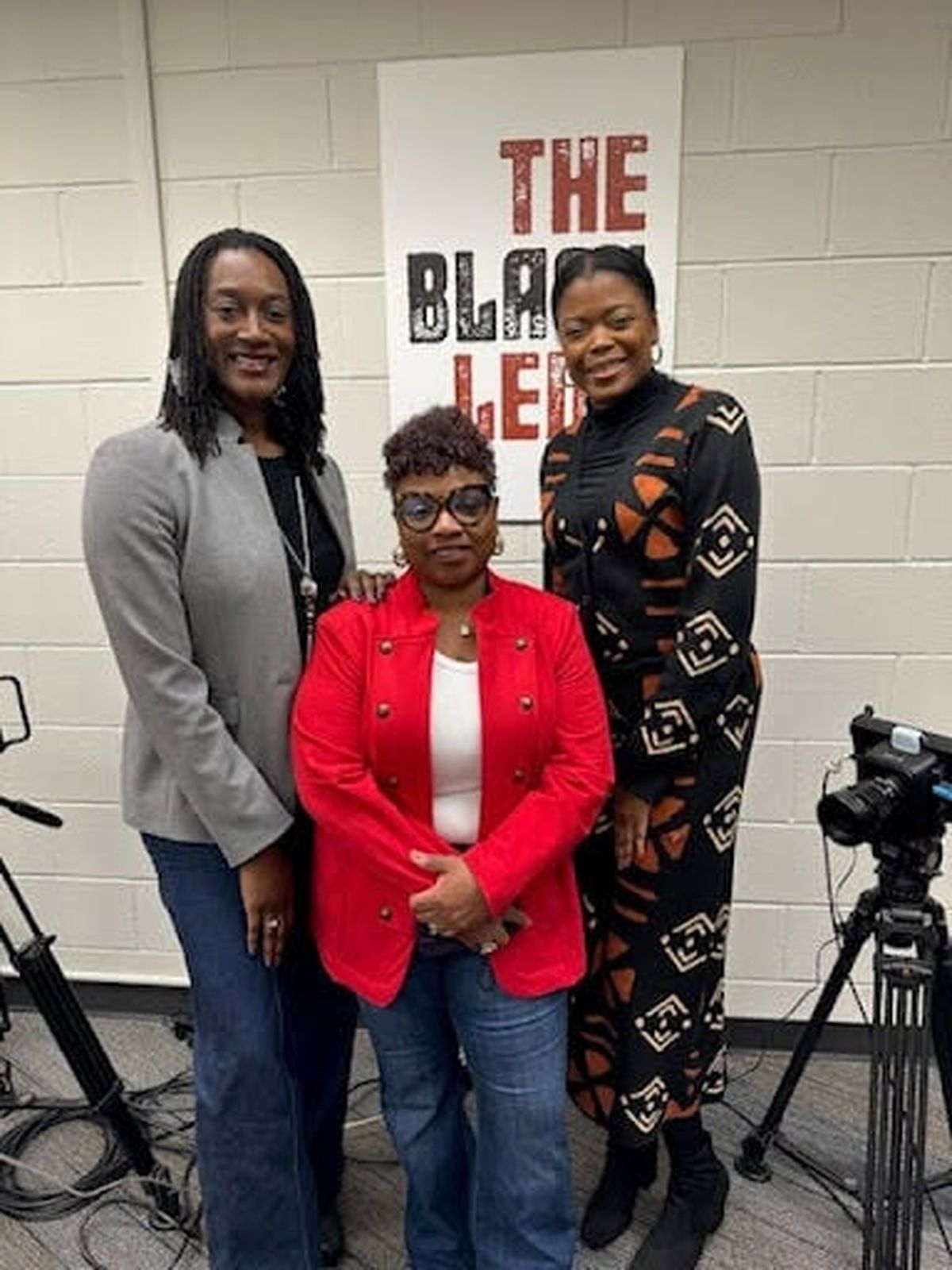In a world where access to opportunities often depends on who holds power, representation matters. As debates continue around diversity, equity, and inclusion (DEI) efforts, Megan Matthews, Washington state’s Director of the Office of Equity, remains committed to transforming government into a system that serves all people. For her, this means more than sitting behind a desk in Olympia; it means traveling the state, being present, and ensuring that equity is integrated into policies and programs.
Matthews understands the harm of tokenism, where symbolic representation lacks real influence. Instead, she believes in opening doors wide, ensuring representation is meaningful and impactful. Recently, The Black Lens and the Spokane NAACP sat down with Matthews for “Challenging the Narrative,” an interview series featuring notable leaders. In this conversation, she discussed the role of equity in government and how systemic change can create a more inclusive Washington. A Tacoma native, she has spent 17 years in state government, rising from a child support case manager to her current leadership position.
“Not only am I born and raised in Washington and care so much about this state, but I’m also really competitive,” Matthews joked.
Her experience gives her a unique perspective, recognizing the barriers people face when engaging with government agencies and striving to break them down.
Transforming Government for All
Established in 2020 under RCW 43.06D, the Washington State Office of Equity was created to facilitate policy and systems change. Matthews explained the office’s mission succinctly: “We are here to change the way government operates–moving from a government that does things to people to one that does things with people. We want a government of, by, and for all the people.”
The Office of Equity focuses on:
- De-siloing Government: Breaking down barriers between agencies to reduce duplication, inefficiencies and service gaps.
- Aligning Efforts Across Sectors: Collaborating with local governments, nonprofits, and community organizations.
- Ensuring Equitable Access: Making sure all Washingtonians receive services in the ways they need them.
Equitable Hiring Practices
One of the office’s tangible impacts is transforming the hiring process for state jobs. Matthews emphasized how traditional resume and cover letter screenings often fail to reflect candidates’ true skills and potential. To address this, her office introduced alternative hiring methods, such as:
- Verbal Storytelling Opportunities: Allowing candidates to express their abilities beyond a written resume
- Multiple Interview Panels: Ensuring diverse perspectives in hiring decisions.
- Deeper Interview Questions: Evaluating candidates’ understanding of systemic barriers through meaningful questions.
These intentional hiring practices have fostered a team diverse in race, background, geography, and lived experience.
“Our team is tapped into their communities,” Matthews said. “So when we show up, our work has credibility because we truly represent the people we serve.”
She challenged the reliance on degree requirements when they aren’t necessary.
“We definitely want a surgeon to have a degree,” she joked, “but for jobs where a degree isn’t legally required, why are we using it as a filter?”
Instead, the state evaluates candidates based on actual skills and experience, promoting opportunities based on capability rather than privilege.
Moving Beyond the Zero-Sum Mindset
Matthews addressed a common misconception about equity work: the belief that it takes something away from certain groups.
“People ask, ‘Who’s getting left behind now?’ as if there always have to be winners and losers,” she said. Washington’s equity initiatives reject that zero-sum mindset.
Understanding the conditions that shape people’s lives is crucial. Matthews emphasized that when government leaders don’t listen to real stories, they fill in the gaps with assumptions, leading to misguided policy decisions.
Her message is clear: Equity is not about exclusion or special treatment. It’s about ensuring every person has access to the resources, opportunities, and support they need to thrive.
“I know a lot of people who work hard,” she said. “They have two or three jobs, and they’re still struggling. It’s because of a lack of access.”
She underscored that hard work should lead to opportunities, but without equitable access, many people remain left behind.
Washington for All
For Matthews, equity work is an ongoing process of systemic change. “We are building a Washington for all,” she said. “We want to demonstrate, in real ways, that diversity is not a threat – it’s an advantage.”
She called on others to join in the effort. “There are folks across Washington working to push equity forward,” Matthews said. “We need to share resources, learn from each other, and build collective power.”
